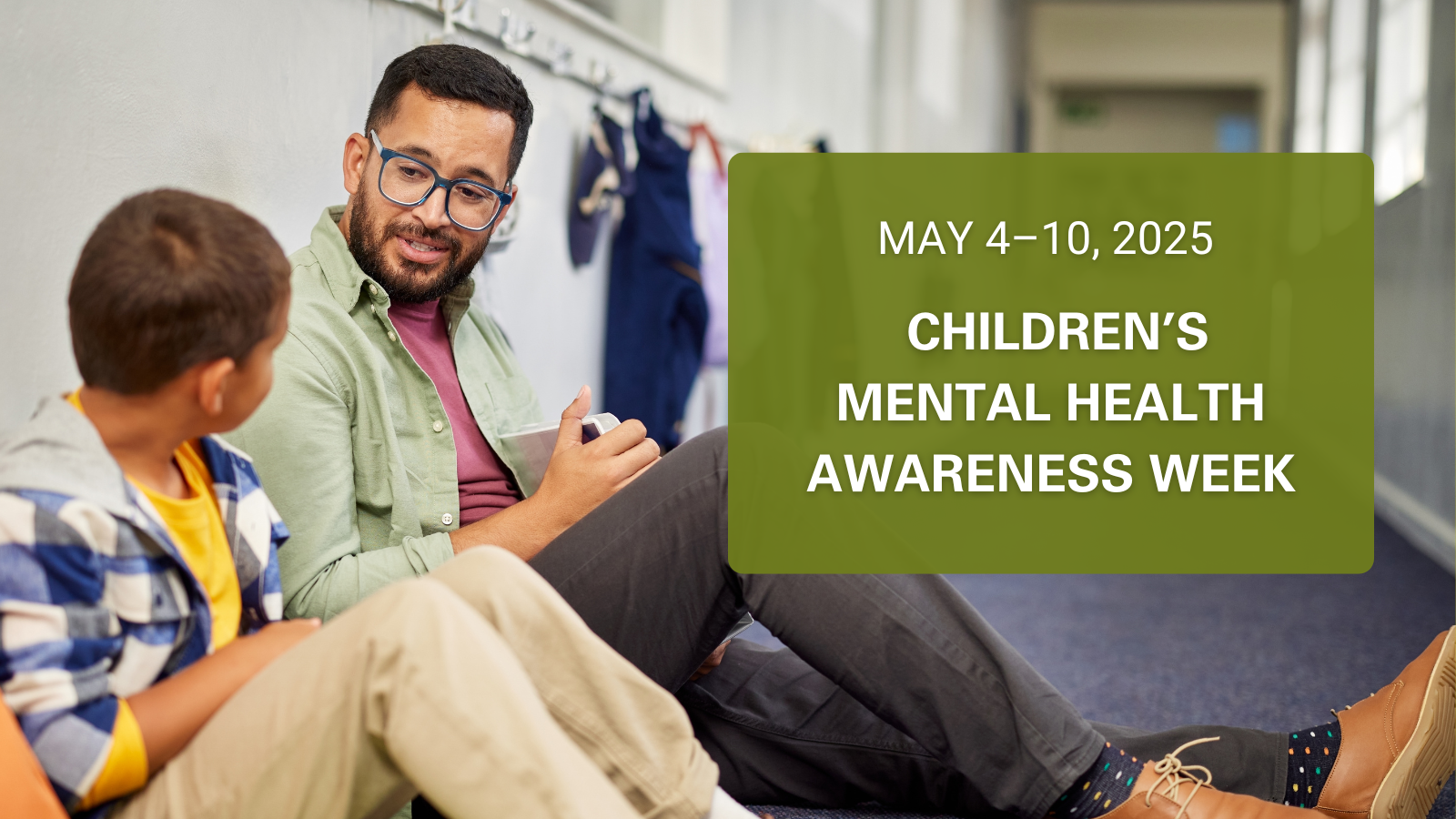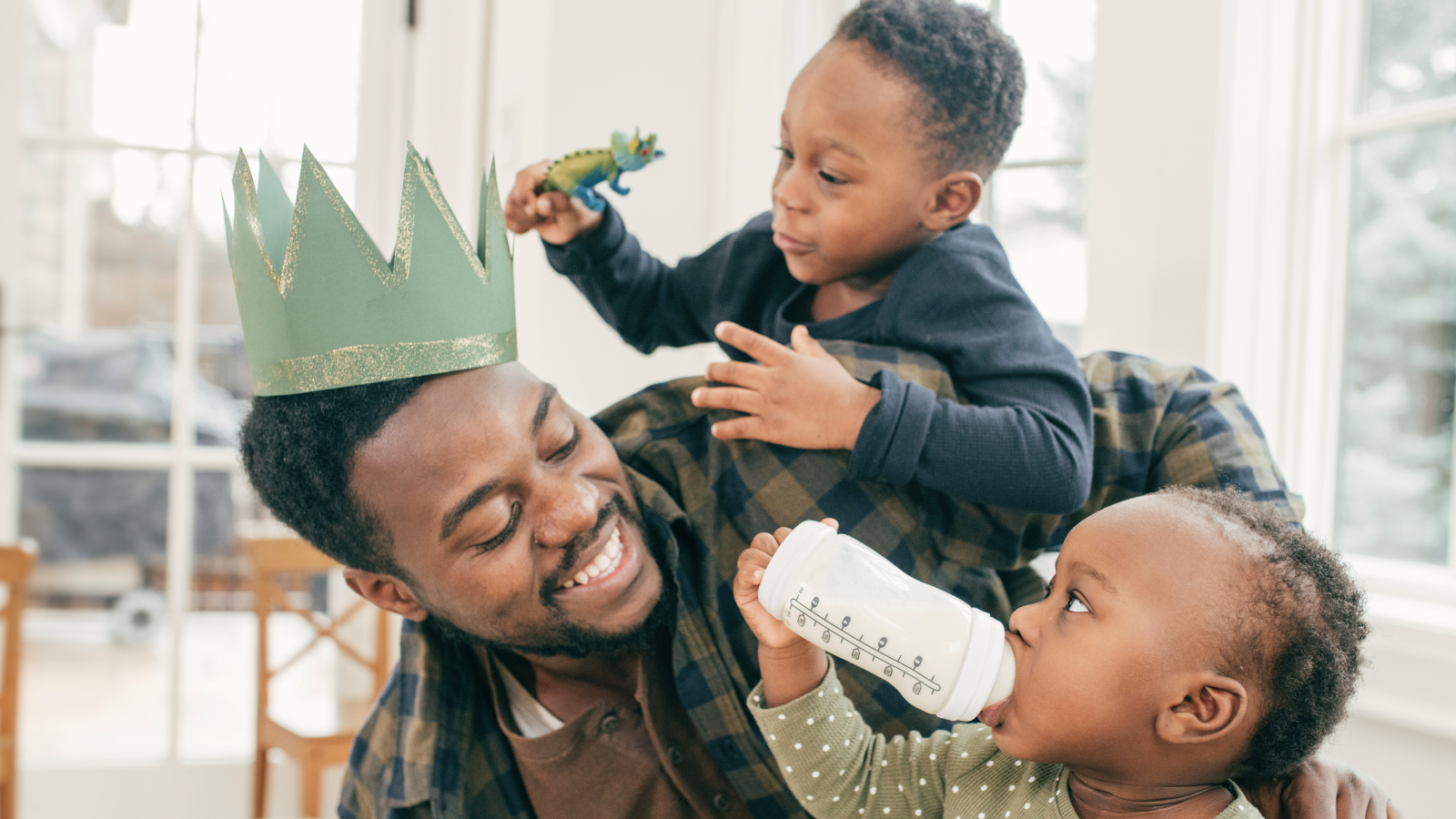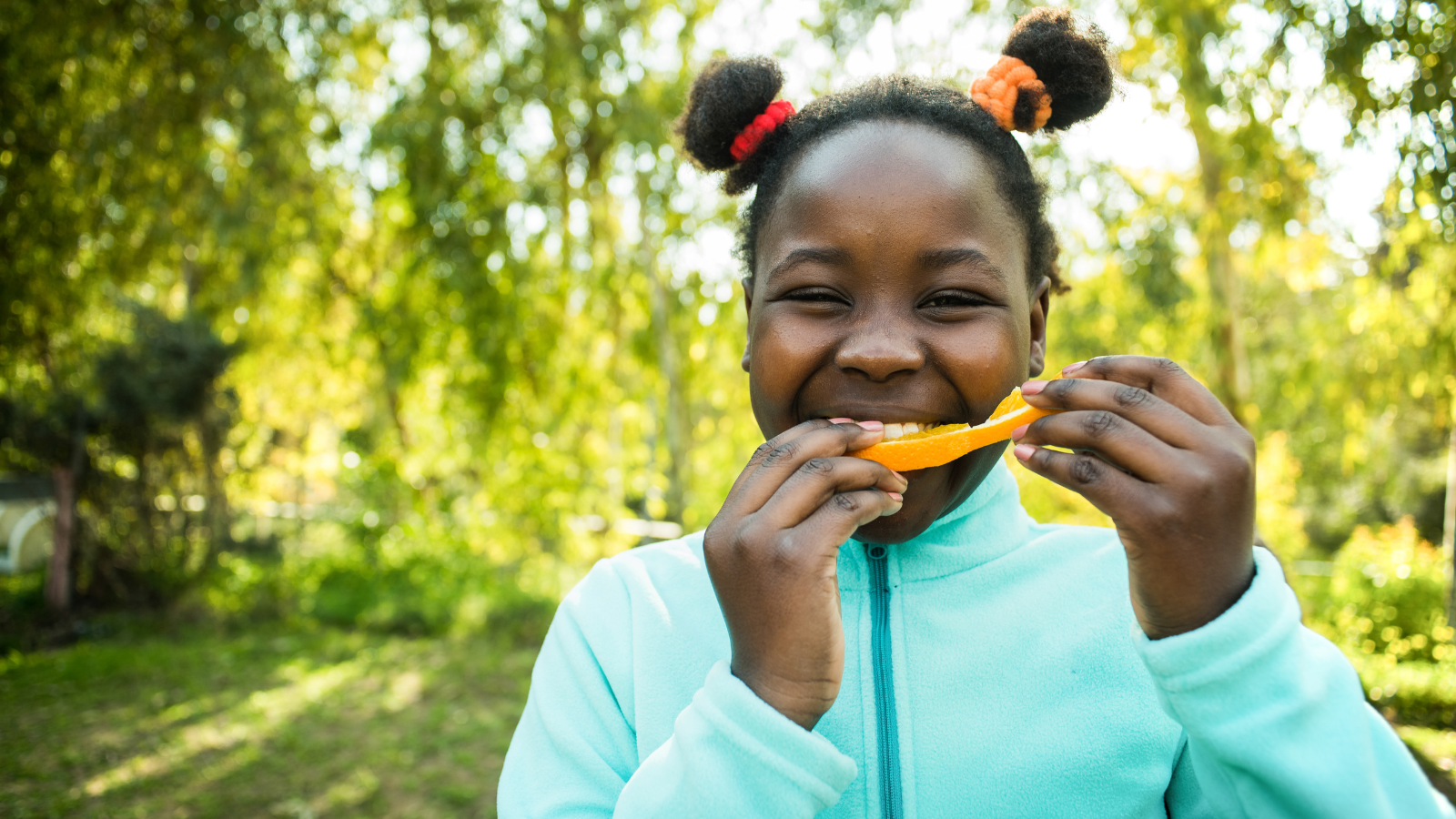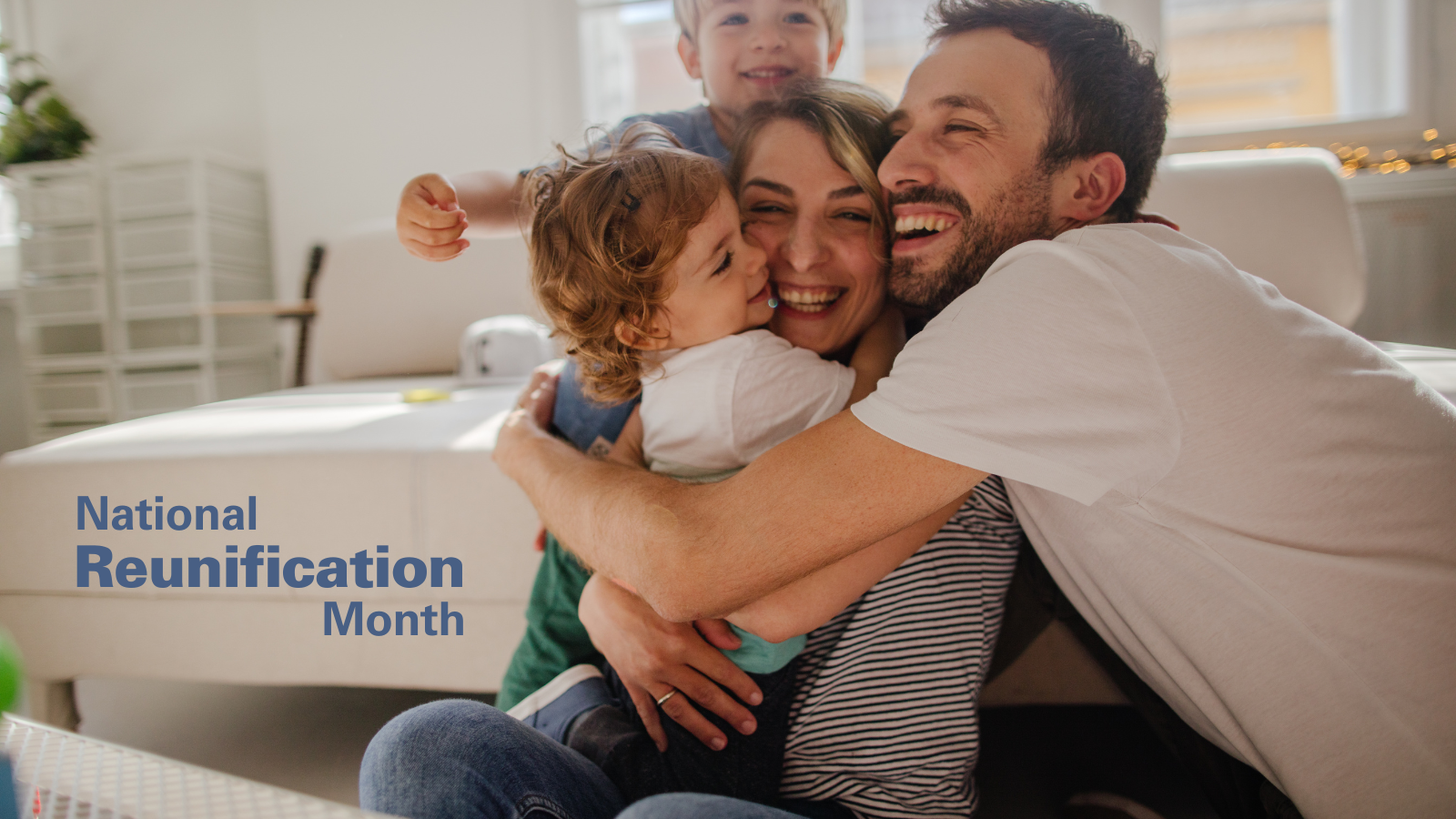Creating Safe Conversations: Why Judgment-Free Listening Matters for Children
Being Aware of Children's Mental Health

Children’s Mental Health Awareness Week
May 4–10, 2025 is Children’s Mental Health Awareness Week, a time to shine a light on the importance of supporting the mental health and emotional well-being of children and youth. Children’s Mental Health Awareness Week aims to raise awareness, reduce stigma and connect families with resources.
When a child opens up about their feelings, worries, or experiences, it’s a significant moment of trust. How we respond can encourage them to continue sharing or make them retreat into silence. Listening without judgment is a skill that can make all the difference in a child’s emotional well-being. Whether you’re a parent, teacher, mentor or caregiver, becoming a safe person for a child to talk to helps build their confidence, self-worth and mental resilience.
Children often fear being dismissed or misunderstood. According to the Child Mind Institute, one of the top reasons children don’t talk to adults is the fear of being judged. Creating a nonjudgmental environment allows children to truly express their emotions, which promotes resilience and stronger emotional regulation. When a child feels heard without fear of judgment, they learn that their feelings are valid and that they can seek help when needed.
How to be a Safe and Supportive Listener
Let Them Set the Pace
Meaningful conversations with children don’t always happen on cue. Instead of pushing them to talk, try creating comfortable, low-pressure moments where they might naturally open up—like during a car ride, walk, or while doing an activity together. Letting them lead the conversation builds trust and gives them a sense of control. A simple phrase like “I’m here whenever you’re ready to talk” can go a long way in showing support without adding pressure. These relaxed settings often allow kids to feel more at ease, making it easier to share what’s really on their minds (National Child Traumatic Stress Network)
Validate Without Judging
When a child shares something difficult or emotional, our first instinct might be to solve the problem or relate it to our own experiences. But often, what they need most is to be heard and validated. Even if you don’t fully understand or agree with their feelings, it’s essential to acknowledge them. Saying things like “That sounds really tough” or “I’m glad you told me” helps children feel seen and respected. According to child development experts Siegel & Bryson (The Whole-Brain Child 2012), this kind of validation not only supports emotional regulation but also strengthens a child’s self-worth and willingness to communicate.
Keep Their Trust
Trust is the foundation of open communication. If a child confides in you, respecting their privacy is crucial. Unless there’s a safety concern, avoid sharing their story with others without their consent. And if you do need to involve someone else for their well-being, be honest and collaborative: “I care about you and want to make sure you get the right help. Let’s figure out the next steps together.” A study by Rickwood et al. (2007) highlights that adolescents often prefer turning to trusted friends and family members when seeking help, emphasizing the role of trust in these relationships. Fears around stigma and concerns about confidentiality can be significant barriers to help-seeking among young people. Addressing these concerns by fostering trustworthy and confidential environments can encourage more open communication
Creating Safe Conversations is about being present, patient and supportive. Children thrive when they feel heard, valued and safe to express themselves. Sometimes, the most powerful thing you can do is simply listen. This Children’s Mental Health Awareness Week, learn about resources and strategies to help support and understand children’s mental health, and you can spread the word to educate others!


